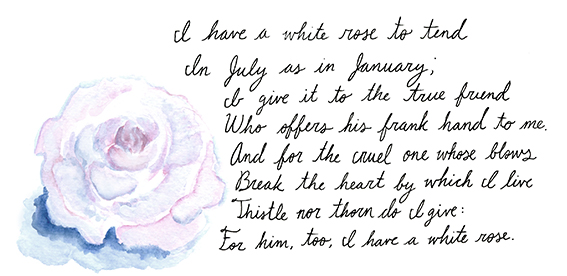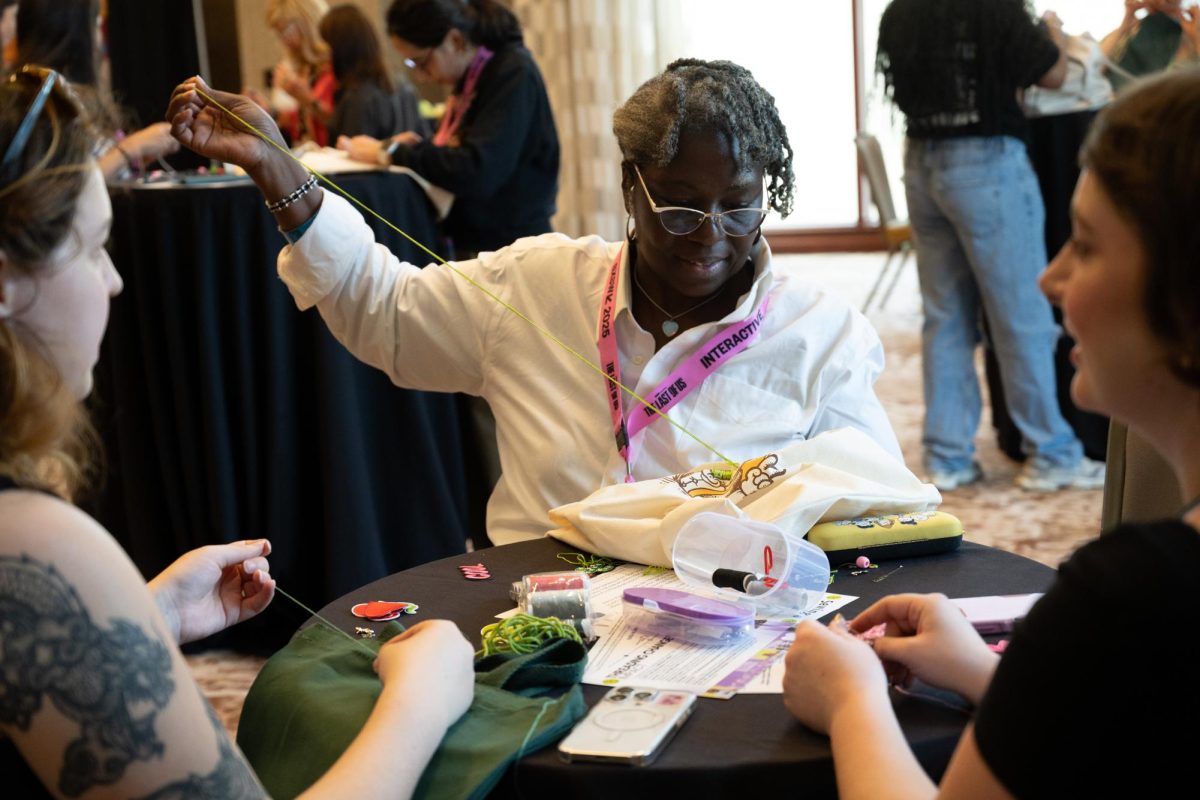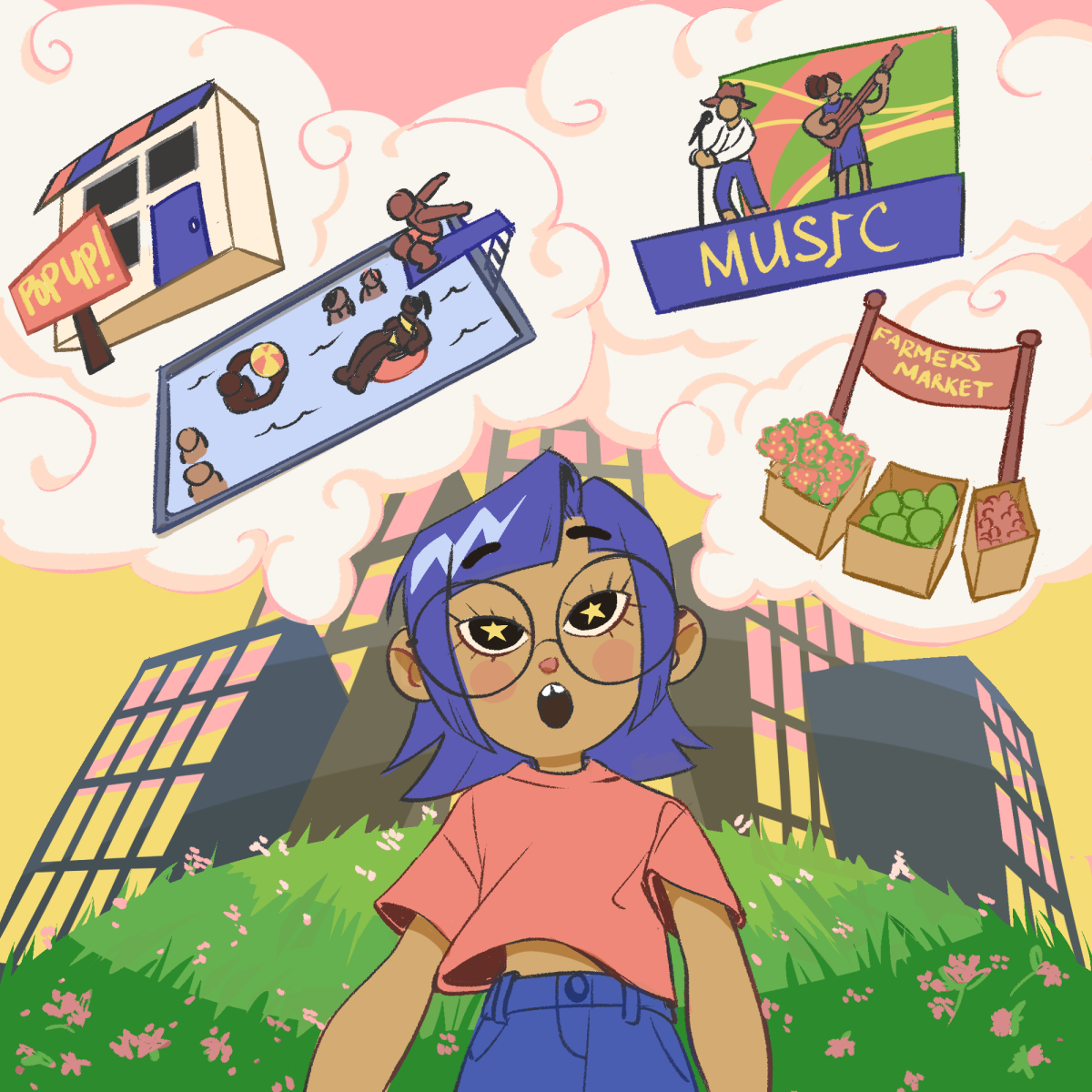Theatre sophomore Savanna Cole said she was boarding the bus to go home when she noticed an antsy white woman shifting nervously at the sight of her. Cole and the woman took their seats, and the woman casually asked her, “What, do you not want to sit with your compadre?,” referring to a nearby Latino man. Taken aback, Cole said she was unsure what to say, and before she could fully form a thought, the woman left with, “You’re not a lady, you’re a piece of shit.”
From a lack of racial diversity to the racism in UT’s historical background, college culture shock is the least of the worries of many people of colors.
Cole said she identifies as half Mexican-American from her mother’s side and half Jamaican from her dad’s side, with many different ethnicities blended within. According to UT’s website, only 2.6 percent of students at UT are multiracial — a statistic that excludes Blacks and Hispanics. This is a smaller number compared to the 3.9 percent of students on campus who are black.
“That was the first time I’ve directly experienced racism like that,” Cole said. “I’ve never heard somebody say something like that because I’ve never surrounded myself with people who have thought like that.”
Other than the lack of people of color on campus, Cole said some of UT’s racist history also makes her feel uncomfortable. Cole finds it hard to believe people once celebrated white supremacy so widely on campus after becoming fully aware of the history behind ‘The Eyes of Texas’.”
“I was going to go to a party at Roundup and my friend shared with me a tweet from The Daily Texan about how ‘The Eyes of Texas’ used to be sung as a minstrel song,” Cole said.
English junior Allyson Stephens has similar uncomfortable experiences due to her identity as a half Latina, half white person of color.
“Back in my hometown, (my race) was easily digestible for a lot of people,” Stephens said. “There was a huge community of people who had the same sort of experiences, but then coming here feels weird. I don’t feel like I can very easily make friends here.”
This lack of diversity and racist history may discourage many, but for theatre freshman Cat Palacios, if it weren’t for attending school here, she would’ve never embraced her Hispanic culture as an Irish-Hispanic individual.
“Back at home, I’ve always been assumed to be white or Asian,” Palacios said, referring to her lighter complexion and her affinity for Asian culture. “At UT, a lot of people have been very accepting towards me. If I say that I’m Mexican, people accept it.”
A powerful moment in Palacios’ life was the first time she spoke full Spanish in front of her parents in her part of the play “Rosa Blanca” at UT.
“I open the show by speaking a full Spanish poem by Jose Marti,” Palacios said. “My parents were just blown away because it was the first time they’ve heard me speak full Spanish in 19 years. For them, it was like seeing their kid walk for the first time again.”
With a few instances of racial discrimination in her past, Palacios understands the complexity of the issue and has learned how to press on.
“Sometimes these people don’t realize what they are doing is wrong,” Palacios said. “It’s good to be very strong and open about your race, the stereotypes and the problems your race goes through every single day. But at the same time, you want to understand that they sometimes don’t know.”















